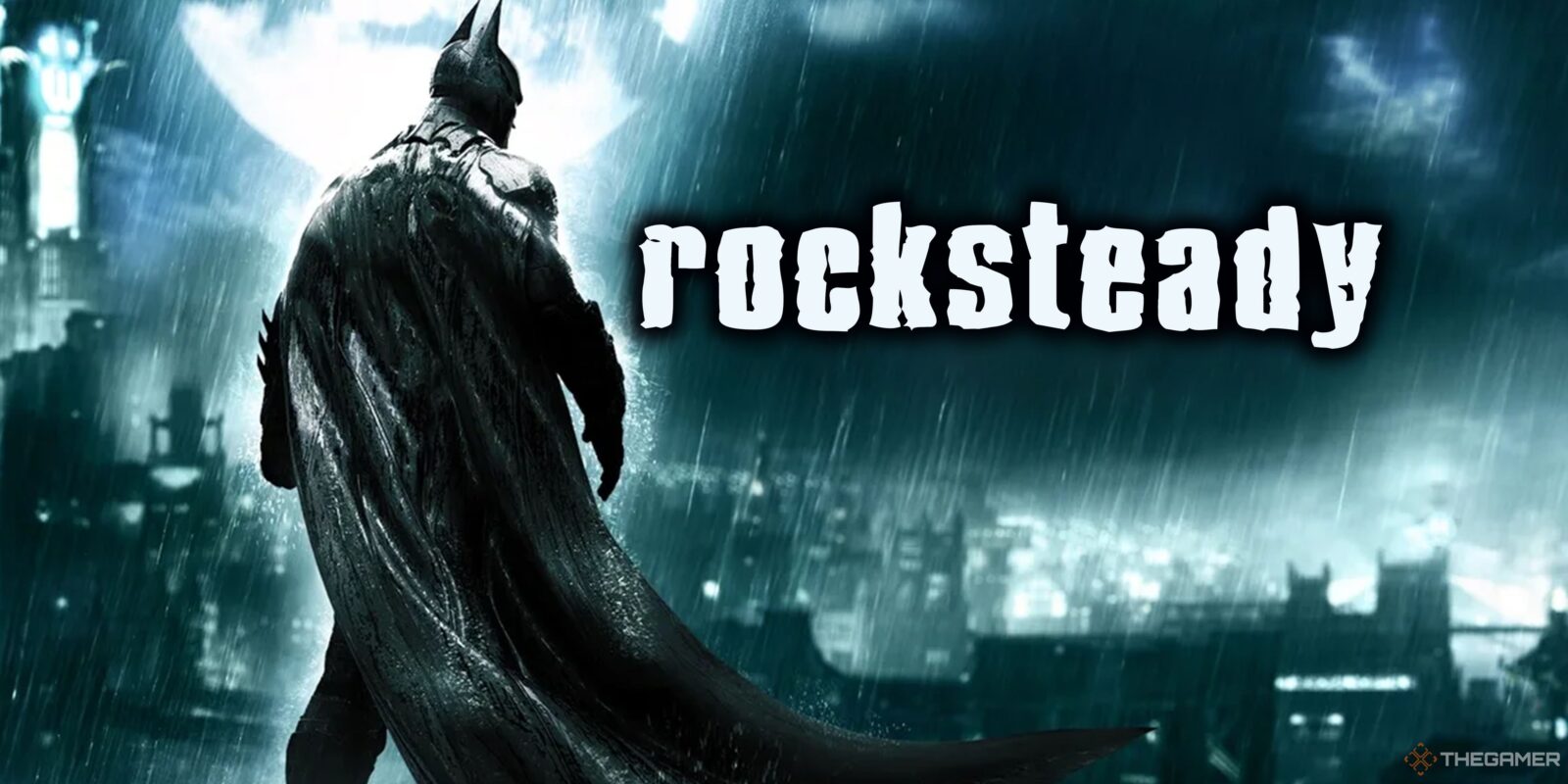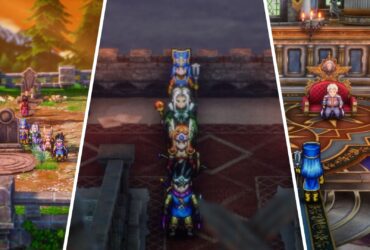In the disastrous wake of Suicide Squad: Kill the Justice League, Rocksteady Studios is reportedly going back to Batman. Per Jason Schreier, a new single-player Arkham game was recently greenlit at Warner Bros., with Rocksteady leading development. After a decade away, the studio is returning to the beloved series that defined it. Shouldn’t that be cause for celebration?
Well, yes and no. On the one hand, Rocksteady makes really good Batman games. Arkham City is one of my all-time favorite open-world games, and it laid the foundation for the action and exploration combo Insomniac later built on with its Spider-Man games. It’s a gothic good time. Whether Rocksteady returns to the more focused Metroidvania template of Arkham Asylum or the wide-open metropolis of Arkham Knight, it will be good to see the Caped Crusader back in such skilled hands.
The Safety Of The Franchise
And yet, this must feel disappointing for some of the developers at Rocksteady who have been there through this whole decade-long process. The strategy of returning to a successful franchise after a big failed experiment isn’t new. It happens all the time in Hollywood. After Empire of the Sun disappointed, Steven Spielberg went back to familiar territory with Indiana Jones and the Last Crusade.
Actors, similarly, have historically wanted to have a franchise as a safety net to fall back on. When Tom Cruise’s personal life threatened to overshadow his onscreen work in the 2000s and 2010s, he threw himself into Mission: Impossible. Daniel Craig doesn’t need to worry about his Luca Guadagnino collaboration Queer grossing about four bucks at the box office because he has Knives Out 3 waiting in the wings.
‘One for them, one for me’ is a tried and true formula in movies, and in game development to a lesser extent. Scrolling through a list of Insomniac’s output in the 2010s shows a studio that took risks and experimented, but always had a big franchise to fall back on.
Eventually, two big franchises.
The studio launched Ratchet & Clank: Into the Nexus in 2013 — a one for them — but followed it up with several original games: Sunset Overdrive in 2014, and the casual games Slow Down, Bull, Fruit Fusion, Bad Dinos, and Digit & Dash in 2015. After that run of one for mes, it went back to its franchise with 2016’s Ratchet & Clank (the game based on the movie based on the game).
Franchise refueled, Insomniac released a string of smaller titles with Song of the Deep, Edge of Nowhere, The Unspoken, and Feral Rites all in 2016. Then, it was franchise time with Spider-Man in 2018. After that? You guessed it: three originals (Seedling, Stormland, and Strangelets) before it returned to Spider-Man with Miles Morales.
Two For Them, None For Me
The sad thing about Rocksteady is that it went from a one for them (the Arkham trilogy) to a one for them (Suicide Squad) and now is going back to a one for them (another Arkham game). After finishing a trilogy of increasingly large Batman games, you would expect the team at Rocksteady to want to try something new, maybe build up its own thing, unconnected from Warner Bros. IP. After the most successful and best-loved superhero games ever made, you would think it earned the right to experiment.
Suicide Squad is the most depressing kind of ‘one for them’ — the kind that doesn’t earn you a ‘one for me’. At least when an original game fails, the devs can take solace in the fact that they tried something cool. That isn’t the case here. Suicide Squad was a live service game based on existing IP. Nothing could be more ‘one for them’. Hopefully, if the next Batman game succeeds, Rocksteady will finally get to see what a ‘one for me’ looks like.

Next
Suicide Squad Coming To PS Plus Seems Like The Perfect Time To Play It
Rocksteady’s co-op game being available on the subscription service makes taking a risk on it an easier ask.













Leave a Reply